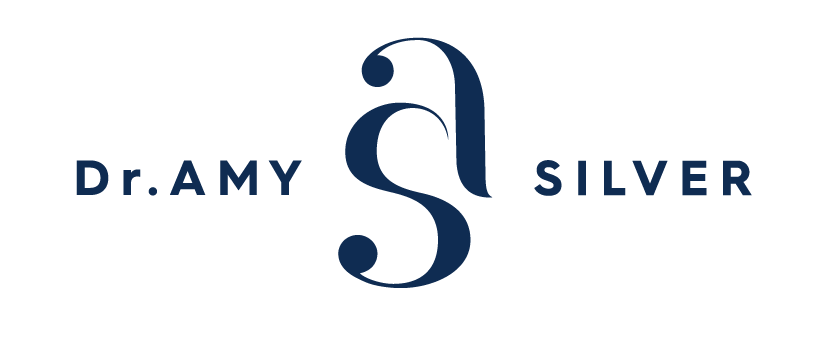Do you know how to avoid avoidance?
How we work together, really together, in this crazy complex world, relies on our ability to communicate.
Poor communication costs curbs our performance. In my work, I have found the biggest threat to good communication is avoidance.
The fear factor
Avoidance is a key strategy for many of us when we experience fear. Flexing its muscles, fear puts an enormous amount of energy into resisting change and we, in turn, make choices to appease our fear. We choose to avoid difficult conversations, giving feedback, seeking feedback, suggesting new ideas, owning mistakes or apologies, we avoid emotional connection, emotional exposure, dropping our 'pretense' of knowing everything, we avoid speaking up, showing up, and standing up for what we want or know or see.
Avoidance is highly detrimental to our current state and our future growth.
Why do we reduce our collective intelligence through avoidance - do you recognise these behaviours?
• We don’t want to hurt someone: We feel that it is kinder not to say something to someone that might distress them or make their life harder. However, when we avoid giving people honest feedback it has implications for their performance and perhaps their future. People may find it easier to talk behind the person’s back and that becomes gossipy or cruel.
• We don’t want to be unpopular: We all want to be accepted but this can push us into situations where we agree purely to belong. It can lead to groupthink and create a culture where it is hard to have conversations about accountability or disappointments.
• We don’t want to reveal a lack of knowledge. When we avoid saying "I don’t know" or "Can you tell me what that means" we create gaps in our communication where we don’t question the status quo or point out mistakes. We are likely to miss improvements and not call out risks; both are extremely expensive in terms of our collective performance.
• We avoid claiming our successes. We tend to focus on the busy or the problems, failing to take note of the ways in which we work well. When we get too comfortable putting on a professional ‘face’ we can end up with a serious case of imposter syndrome and avoid building our strengths.
• We avoid the gap between what others see and what we want them to see. Avoiding the chance to hear what others really think means we may get trapped over-analysing ourselves or not improving the things that we should. Of course, most feedback, if delivered well, has the power to change us for the better.
• We avoid courageous conversations. Going behind backs, silos, ‘us and them' thinking, and lack of shared ownership, can all result from not being able to face the discomfort of the conversations that matter.
• We avoid taking ownership of our own feelings, preferring instead to blame, judge, or resist. Our brains put us in protection mode when we feel challenged and avoiding the discomfort of being challenged emotionally means that we are more likely to lash out at others or get busy feeling sabotaged.
Teams that work on their avoidance, a natural and common habit for most, will be rewarded with higher engagement, productivity, and service.
And if you need help, let me know…..I know how to help your team avoid avoiding!
Speak to us about how we can help your team.
Amy and her incredible facilitators show people the why of collective intelligence and the how of teaming better. We teach participants the skill of compassionate and courageous communication ensuring it drives the longer-term goals we want for ourselves and each other.
Here is a lovely chat with David on the TEAM GURU podcast. We talked about how fear can be the loudest guest, and how we can avoid avoiding fear.
TAKING BOOKINGS FOR KEYNOTE SPEAKING FOR 2022/2023 (virtual/physical) Email Ellen via support@dramysilver.com to check dates for your event if you want your audience to understand how to stop fear interfering (with us as individuals or groups) so we head safely into our most powerful future together.





